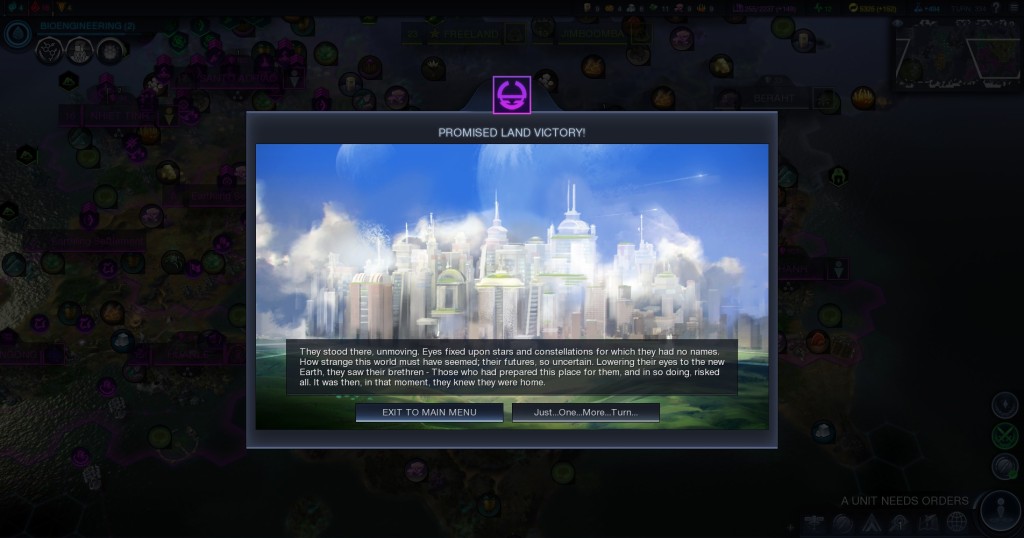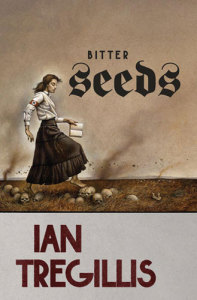Back in 2009, Valkyria Chronicles was the game that made me buy a PS3. It was innovative, beautiful, and grossly under-appreciated by consumers – the sequels moved to the PSP, and the third game never even came out in English. Now the original game is coming to PC, and for fans of tactical RPGs who missed it the first time, it’s well worth a look. Yes, there were balance issues. Yes, the plot was disappointing. But I can forgive that, because at VC‘s heart rested an insight: squad-based tactical TBS can have the spectacle and excitement of shooters. You can see that idea recur in XCOM, and I believe the Xenonauts developers will follow suit with their next game.
Here’s some gameplay footage of Valkyria Chronicles on the PS3. Skip to 3:00 to see the actual battle. Note that whenever you see the player taking a shot, whether it hits is determined by the soldier’s accuracy (as in an RPG or strategy game) rather than the player’s skill:
(Edit to add: USGamer has a good overview of the Valkyria Chronicles series’ history.)
In other news:
- Something I forgot to mention last week – I tried on an Oculus Rift for the first time (in a non-gaming context). The technology isn’t quite there yet… and all the same, it was impressively realistic. The obvious gaming applications are first-person shooters, space sims, and the like; I think it could also work well for an adventure game such as Sherlock Holmes: Crimes & Punishments. I’d love to see how it looks in a year or two.
- When I learned that Platinum was developing a Legend of Korra tie-in game, I thought this was a match made in heaven. In the end, reviewers panned the game — but word of mouth is much more positive. Check out the user reviews on Steam.
- The studio behind King of Dragon Pass is working on a sequel!
- Panzer Front Ausf B, a reportedly excellent 2004 PS2 tank sim.


